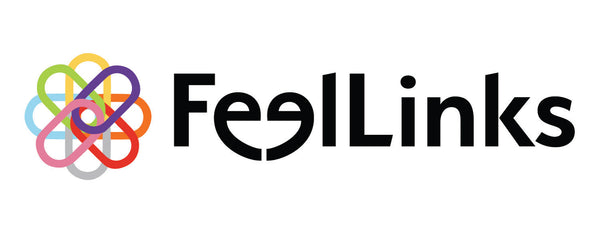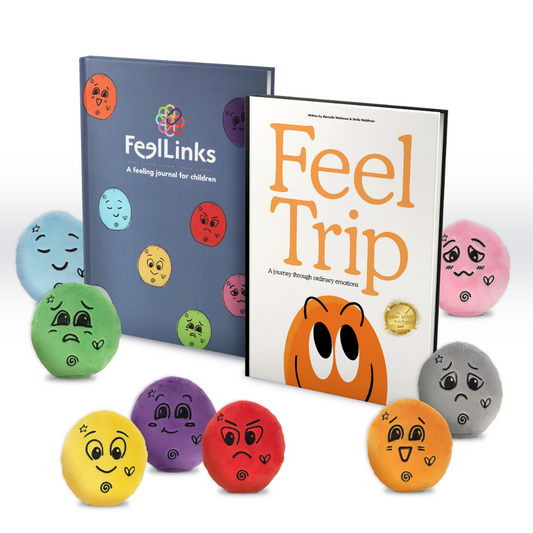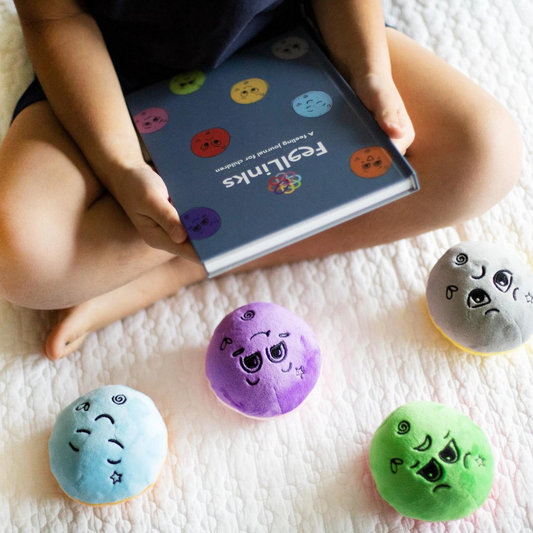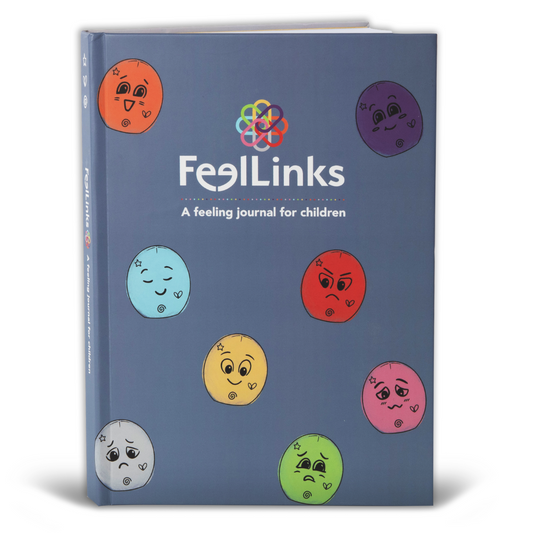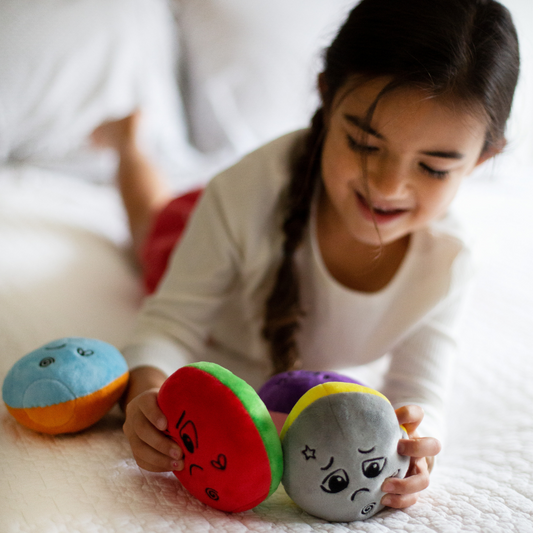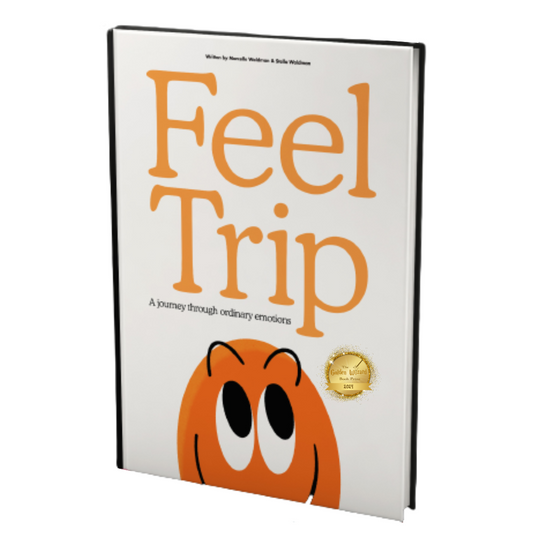Creating Safety and Security for Our Children: Parenting actions I learned from Dr. Daniel Siegel
Share

If you have not yet heard of Dr. Daniel Siegel, M.D., I highly recommend you look him up! He is a clinical professor of psychiatry at UCLA, founding co-director of the Mindful Awareness Research Center at UCLA, director at Mindsight Institute and has published countless books (links to a few of them are at the end of this write up). I have followed Dr. Siegel for many years – his research and teachings have inspired me and I would love to pass along just a smidge of his wisdom to you today!
One of my favorite topics that Dr. Siegel discusses in regards to parenting/caretaking, is creating safe and secure experiences for our children in order for them to thrive in relationships and life.
Our children’s brains are flexible and adaptive – they are growing, learning, and changing moment to moment. As parents, there are some very important things we can do to interact with our children that will support them to thrive in this world, from childhood through adolescence and on through adulthood. These important actions will help create a sense of security for our children, which will inevitably be what shapes their brain development, supports their mental health, teaches them self-regulation skills, promotes positive relationships skills, and more, throughout life.
Here are 5 science backed actions parents can take when interacting with their children to help them thrive.
Seen – Children need to be seen by their parents/caretakers. Not just seen from the outside with their outward behaviors, but seen for what is happening on the inside. What is happening with their feelings, thoughts, emotions, memories? Are you taking time to gain this insight from your child?
Soothe – Soothing is when parents react or take action in some way to guide their child to feel calmer after distress. Think of a parent calmly rocking or softly singing to a crying child. This guidance can be called, co-regulation, the supportive coaching and modeling from a caring adult that will eventually lead to a child's self-regulation skills. This helps a child understand and learn that with some action, they can feel better. In fact, soothing a child, actually changes the structure of the child's brain; giving them the understanding that they are able to be soothed after distress. This will eventually lead that child to learn self-regulation strategies that will support them throughout life.
Safety – Parents and caretakers must protect their child from harm. They must not be a source of terror or fright for their children. Children will feel safe if they are shown these important protections.
Repair – It is important to understand how to repair with our child if any of the above are broken. We have the opportunity to take accountably and repair with our child. Parents, we need to be kind to ourselves, know that we will make mistakes; there is no perfection in parenting. Take some deep breaths, remove ourselves from the situation, do whatever we need to do to find our calm. Then, it’s time to re-connect with our child and begin the repair. We are human, we are not going to do it all right all of the time, please do not be so hard on yourself – be your “best parenting self” and remember you can repair and reconnect (see this blog I wrote about modeling apologies and repairing with children).
Security – This is the foundation to a positive parent/child relationship. A high sense of security supports brain development in our children. If we can give our children everything listed above (seen, soothe, safety, and repair) we are creating secure attachments - safe, trusting relationships. Security as a child, supports resiliency throughout adulthood.
I have so much more to share from Dr. Siegel’s research and teachings, I will share that with you in my next newsletter. In the meantime, I highly recommend you pick up one (or more) of his books. Here are a few links to consider (the links will take you to Amazon, but I also suggest going to your locally owned bookstores for purchase):
With Gratitude,
Marcelle
*Please note: I often use "parent" and/or "caretaker" when I write. This all pertains to that is caring for a child.
